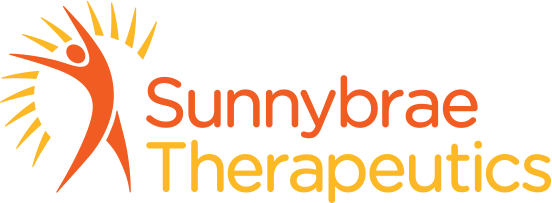Sandra MacDonald reviews Dr. Peter Schoeb’s “Nutrition & the Lymphatics”
“Let thy food be thy medicine.” Dr. Peter Schoeb quotes Hippocrates when speaking of nutrition and the lymphatics. In his many years of practice, he has found that nutrition is a key factor in helping patients with many health concerns.
Let’s review the lymph system’s role in digestion.
Within the small intestine, there are lymph vessels that absorb fats, fat-soluble molecules and carotenes (orange or red plant pigment found in carrots and many other plant structures). Leaving the small intestine, this fluid, known as lymph, is transported through the lymph vessels to the mesenteric lymph nodes where it is filtered and transported onto the thoracic duct, located just behind the left collar bone. Here it drains into the subclavian vein.
The lymph system carries about 10% of the overall volume of the interstitial fluid (fluid found between our tissues and organs). In some areas, the lymph system carries as much as 100%. Overall, lymph is composed of larger molecules of protein: bacteria, viruses, dead or damaged cellular material, fat and water. The lymphatic system plays an important role in controlling interstitial protein concentration, fluid volume and fluid pressure within our body.
Schoeb states that inflammation is a primary cause of poor health and that it is often present at a subclinical level. He states that a poor diet causes the body to produce chemical irritants causing a general biochemical state in which inflammation and chronic pain are perpetuated.
The following states contribute to inflammation: increased tissue acidity, increased free radical levels, fatty acid imbalances, glycemic dysregulation, and potassium or magnesium deficiency.
Whatever the root cause, inflammation slows local lymphatic function.
When slowed in the gut, absorption of vitamins and fats, including essential fatty acids, is delayed or suppressed. Poor absorption leads to a negative biochemical state. This state inhibits the body’s defence mechanism.
Improving your diet and the use of abdominal massage (specifically MLD) can greatly improve abdominal function by helping to reduce inflammation and achieve a normal abdominal tone. Also, by assisting with the maintenance of interstitial fluid volumes and the prevention of edemas, MLD allows for improved nutrition exchange on a cellular level and contributes to improved tissue health. All of these functions are vital in maintaining homeostasis.
At Sunnybrae Therapeutics, we are well-versed in MLD treatments. If you are interested in learning more please contact us.
